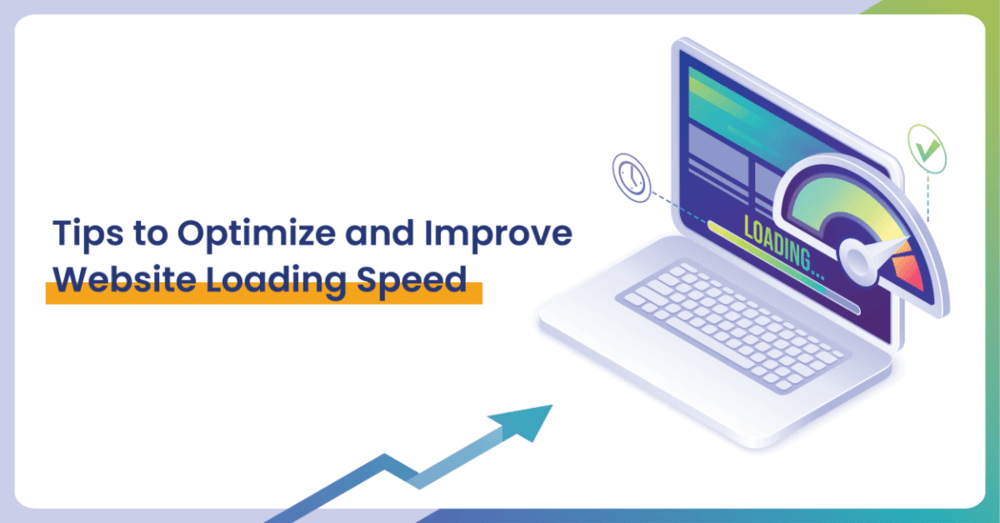Introduction
In today’s fast-paced digital world, a website’s loading speed can make or break user experience. A slow-loading site not only frustrates visitors but also negatively impacts your SEO and conversion rates. This post delves into effective strategies to enhance your website’s loading speed, helping you provide a seamless experience for your users and stay ahead of the competition.
1. Understand the Importance of Loading Speed
Why Speed Matters
- User Experience: A slow website can drive users away. According to research, 53% of mobile users abandon a site that takes more than three seconds to load.
- SEO Impact: Google considers loading speed as a ranking factor. Faster sites are likely to rank higher in search engine results.
- Conversion Rates: Faster websites lead to better user engagement and higher conversion rates, as users are more likely to stay and complete desired actions.
2. Analyze Your Current Loading Speed
Tools for Analysis
- Google PageSpeed Insights: Provides detailed insights and suggestions for improvement.
- GTmetrix: Offers performance scores and recommendations.
- Pingdom: Analyzes loading times from various locations.
3. Optimize Your Images
Image Compression
- Use Tools: Employ tools like TinyPNG or ImageOptim to compress images without sacrificing quality.
- Appropriate Formats: Use formats like JPEG for photos and PNG for graphics with fewer colors. Consider WebP for better compression.
Responsive Images
- Implement srcset: This allows browsers to choose the appropriate image size based on the device’s screen size.
- Use Responsive Design: Ensure images scale correctly on different devices.
4. Minimize HTTP Requests
Combining Files
- CSS and JavaScript: Combine multiple CSS and JavaScript files into one to reduce the number of HTTP requests.
- Sprites: Use image sprites to combine multiple images into one, reducing the number of requests for images.
5. Leverage Browser Caching
Setting Expiry Dates
- Configure Caching: Use .htaccess or web server settings to specify how long browsers should cache your resources.
- Cache-Control Headers: Implement proper cache-control headers for static resources.
6. Optimize Your Website’s Code
Minification
- CSS, JavaScript, and HTML: Minify these files by removing unnecessary whitespace and comments. Tools like UglifyJS for JavaScript or CSSNano for CSS can help.
Reduce Redirects
- Eliminate Excess Redirects: Each redirect adds additional HTTP requests, so minimize them to improve loading speed.
7. Utilize Content Delivery Networks (CDNs)
How CDNs Work
- Global Distribution: CDNs distribute your content across multiple servers worldwide, reducing the physical distance between your server and the user.
- Speed and Reliability: They enhance speed by delivering content from the nearest server and increase reliability with failover capabilities.
8. Optimize Your Web Hosting
Choosing the Right Host
- Quality Hosting: Select a reputable hosting provider that offers fast servers and reliable uptime.
- Scalability: Choose a plan that allows your website to scale as traffic grows.
9. Enable Compression
Gzip Compression
- Enable Gzip: This reduces the size of your CSS, JavaScript, and HTML files. Most modern web servers support Gzip.
10. Implement Lazy Loading
Deferred Loading
- Images and Videos: Load images and videos only when they come into the user’s viewport to reduce initial load time.
- JavaScript Libraries: Use libraries like Lozad.js or Intersection Observer API to implement lazy loading efficiently.
Conclusion
Improving your website’s loading speed is crucial for enhancing user experience, boosting SEO, and increasing conversion rates. By analyzing your current performance, optimizing images and code, leveraging CDNs, and implementing caching and compression, you can significantly improve your site’s speed. Start applying these strategies today and watch your website performance soar. For personalized advice and further assistance, feel free to contact us or leave a comment below!
